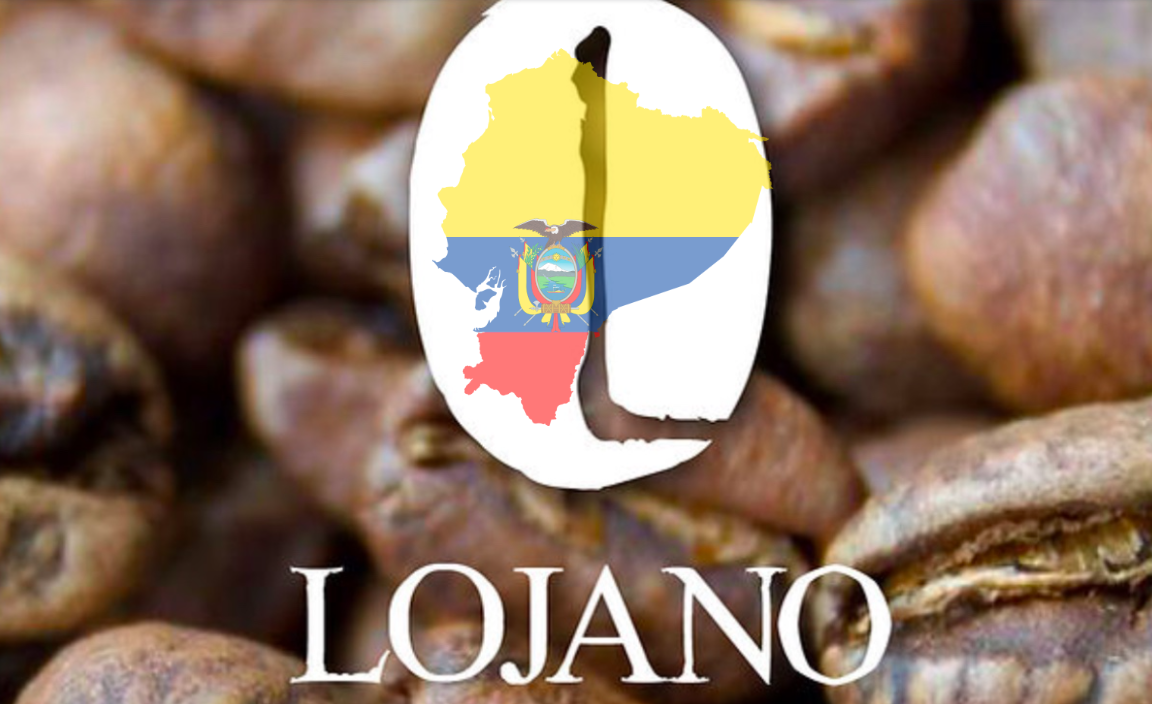RIO DE JANEIRO, BRAZIL – A small group of 200 farmers produces a specialty coffee with the new designation of origin from Ecuador’s southern province of Loja, which aims to put the Andean country on the gourmet coffee map and carve out a niche for itself in this competitive region.
“What makes Loja coffee so special is its ecosystem, the Loja orchard, where citrus, forestry and banana trees are combined with a beneficial variation that makes it an exotic product,” Manuel Romero, a coffee producer with his own processing plant, laboratory, factory and cupping café in this town considered the coffee capital of Ecuador, told Efe.
Read also: Check out our coverage on Ecuador
At the helm of a recently opened business promoting his traditional coffee, Café Indera, Romero acknowledges that it is difficult for Ecuador to compete with industry giants such as Brazil and Colombia.

SPECIALTY COFFEE
His niche is different: seducing an international market that craves the special bean that has brought high-quality Lojano coffee, produced by small farmers, to the reserved shelves of international chains like Starbucks.
Loja has a long tradition of coffee cultivation and counts between 12,000 and 13,000 associated and non-associated producers spread over 15 of the 16 cantons in this province on the border with Peru.
Nearly two hundred of them belong to the Lojano Café de Origen (Denomination of Origin), which requires certain regulations and has turned this Ecuadorian coffee into a select product that can also be exported and is expected to conquer the palates of most gourmets in the local and international markets.
“The idea is that with the denomination of origin, producers can spread the idea of high quality coffee,” says the producer.
This initiative has been joined by the so-called Mesa Provincial del Café, a body that brings together public and private institutions, international cooperation, universities and financial institutions, as well as the Cup of Excellence competition, which was held in Ecuador for the first time in 2021 and ended with a panel that came entirely from La Loja.
“As a producing country, we are not on the international map, but certain peculiarities that Loja has, such as its microclimate and bioforestry resources, have led to growing interest,” says Romero, who highlights the quality of the Geisha, Cidre, improved typical varieties, Villalobos and San Salvador harvested in the province.
COFFEE ACADEMY
In the quest for better beans, more efficient harvests and better production, the academy also plays a fundamental role, both in researching plants with good genetics adapted to the Lojano landscape and in training coffee farmers and entrepreneurs specialized in the production and marketing of the bean.
“The ‘Coffee School’ aims to train this chain of coffee growers, producers, marketers and exporters, to transmit knowledge and to mechanize many processes,” says Jhon Rodríguez, a lecturer at the Faculty of Economics and Commerce at the Universidad Técnica Particular de Loja (UTPL).
In a small greenhouse at the same university, Pablo Acosta, head of the Department of Biology and Agricultural Sciences, is researching how to mass produce quality seedlings (saplings) using biodegradable nets.
“We propose the propagation of plants directly in substrates that grow in a friendly environment, so that the roots are not twisted and the stems are strong,” he says, while standing next to several coffee seedlings.
SPECIAL CONDITIONS
The conditions in Loja, on the equator, at an altitude of 2,100 meters in the Andes, with perpendicular sunlight and characteristic rainfall, give coffee its special character and recognition.
On his 4.5-acre farm, where he produces about 100 quintals of coffee a year, Pablo Eguiguren produces three types of beans: natural, which are dried with the whole cherry; honey, which is made with the honey produced by the coffee bean itself; and washed, from which the sugar is removed during the fermentation process.
“Each has different cup characteristics, depending on the market you are targeting,” says the young manager of the El Aguacate farm, which is run by third-generation Lojano coffee farmers and exports mainly to China.
There are 6,000 coffee farms in the province, many of which have turned to growing specialty coffee since the coffee boom began a decade ago.
“We want to stand out from the crowd and make the world recognize this corner of Ecuador as an exotic place of origin where spectacular coffees are produced,” summarizes the entrepreneur.

